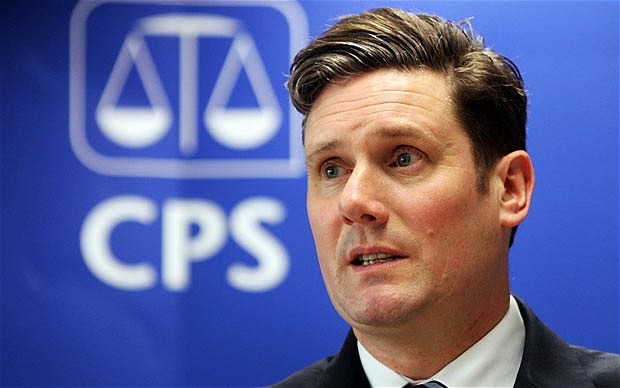Internet troll convictions are on the rise
Convictions for crimes under a law used to prosecute internet "trolls" have increased ten-fold in a decade with five a day, official figures reveal.
 Last year, 1,209 people were found guilty of offences under Section 127 of the Communications Act 2003 - equivalent to three every day - compared to 143 in 2004.
Last year, 1,209 people were found guilty of offences under Section 127 of the Communications Act 2003 - equivalent to three every day - compared to 143 in 2004.
The MoJ figures also revealed a similar rise in the number of convictions under the Malicious Communications Act, which states that it is an offence to send a threatening, offensive or indecent letter, electronic communication, message or article with the intent to cause distress or anxiety. Last year, 694 individuals - the equivalent of two a day - were found guilty of offences under this Act. This is the highest number for at least a decade and more than 10 times higher than the 64 convictions recorded in 2004.
It is a crime under the Communications Act to send "by means of a public electronic communications network" a message or other material that is "grossly offensive or of an indecent, obscene or menacing character". Previously little-used, Section 127 has come to prominence in recent years following a string of high-profile security cases of so-called trolling on social media sites. It can also cover phone calls and emails, and cases of "persistent misuse" that cause the victim annoyance, inconvenience or needless anxiety.
Statistics released by the Ministry of Justice (MoJ) show that 1,501 defendants were prosecuted under the law last year - including 70 juveniles - while another 685 were cautioned. Of those convicted, 155 were jailed - compared to just seven a decade before. The average custodial sentence was 2.2 months.
Compared to the previous year, there was an 18pc increase in convictions under Section 127, but the number has dipped since a peak in 2012 when there were 1,423. In 2013, then-Director of Public Prosecutions (DPP) Sir Keir Starmer QC issued guidance stating that users who post offensive material online must pass a "high threshold" before they are prosecuted.

The changes came in the wake of a case in which Paul Chambers was found guilty in May 2010 after joking on Twitter about blowing up Robin Hood Airport in South Yorkshire. His conviction was later overturned at the High Court. Professor Lilian Edwards, director of the Centre for Internet Law and Policy at the University of Strathclyde, said the rise in prosecutions under Section 127 reflected the surge in use of social media.
"This was a relatively obscure provision before the internet," she said. "You would have been talking about poison telephone calls and there were relatively few of those. It is obviously related to what has happened with social media." She said two contrasting factors were having an impact on the number of cases in recent years. "There is the DPP guidance which made prosecutions more carefully considered so that people were not being prosecuted for making jokes, for example. "At the same time you have simply got more awareness that this is a serious security problem both among the public and the police."
In October the Government announced measures to increase the maximum sentence for trolls who are convicted under the Malicious Communications Act from six months to two years and extend the time limit for prosecutions under Section 127 to three years from the commission of offence.
Axarhöfði 14,
110 Reykjavik, Iceland














